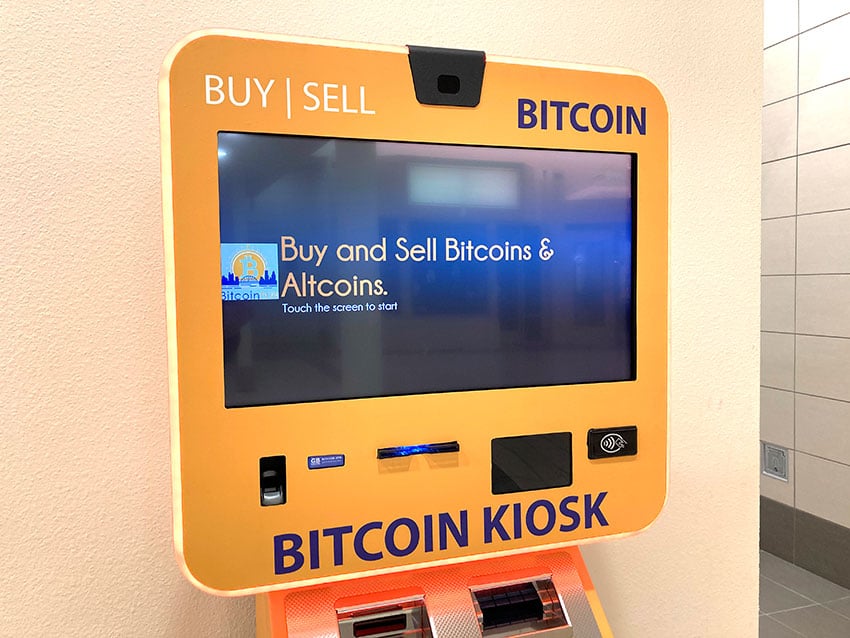As cryptocurrency grabs more and more headlines in the financial news, it is increasingly the chosen method for many Mexicans working in the United States to send home remittance payments.
Last year, working migrants sent over US $40 billion to their families back home, 2.5-3% of which was processed by Mexico’s major cryptocurrency platform, Bitso, a total of $1.2 billion.
Crypto platforms offer a vastly cheaper rate for sending those payments. Bitso charges commissions as low as $1 per $1,000 sent, while international transfer companies like Western Union charge an average fee of 10.9% per transaction.
Sending by crypto is also more efficient: direct account deposits can take up to five days while crypto transfers go directly to the recipient in a matter of minutes.
Traditional financial instruments are foreign to many Mexicans but ease of use is pushing consumers towards crypto adoption. More than half of households do not have bank accounts, while 88% have the necessary technology for crypto trading: a smartphone.

Jesús Cervantes González, an economist with the Center for Latin American Monetary Studies (CEMLA), said the pandemic led migrants to search for digital solutions to send money home, as many traditional exchanges closed their doors to the public.
Media reports have stated that more Mexicans received money from the U.S. stimulus package via remittances than through any Mexican government benefits, although Cervantes said there are no statistics to prove such a claim.
Maria Salgado, a Los Angeles resident originally from Oaxaca, has sent money home for 24 years to pay for her sister’s kidney treatments. She initially thought crypto currency was a scam, but became a convert in 2017. “I realized we were all fighting for the same thing: to have a better life,” she said.
Salgado, a former factory worker, is currently invested in a crypto-mining rig — an advanced processing computer that mines cryptocurrency — being run out of Arizona. She also teaches cryptocurrency workshops online.
The growing power of digital currencies in Latin America is evidenced by Bitso’s success. After a funding round last week Latin America’s largest cryptocurrency platform became its first crypto unicorn, a term used to describe a privately-held startup valued at more than $1 billion. Bitso is now valued at $2.2 billion with more than one million users, primarily in Mexico and Argentina.
Eloisa Cadenas, CEO of consulting firm CryptoFinTech, says the platforms are filling a consumer demand. “In Mexico, Bitso made evident the advantages of using crypto for remittances. The exponential growth of this platform proves that it is really helping [recipients],” she said.
Samuel Gómez Milano, co-founder of Venezuelan CoinGroup, expects the crypto remittance trend to continue. “The remittances market will continue to grow as long as the U.S. is rich and Latin America isn’t … There will always be migration, driven by the financial and labor disparities [between them],” he said.
Sources: Forbes, Rest of World
